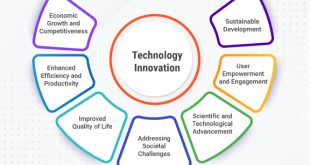In today’s digital age, education has taken a new turn with the advancement of technology. With the emergence of educational apps, learning has become more fun and interactive. These apps have revolutionized the way students learn, making it easier and more accessible to all. In this article, we’ll explore the benefits of using educational apps for learning.
1. Convenience and Accessibility
 Source: bing.com
Source: bing.comOne of the most significant benefits of using educational apps is that they are convenient and accessible to all. These apps can be downloaded and installed on any device, including smartphones, tablets, and laptops, making them easy to use and access from anywhere and at any time.
2. Interactive Learning Experience
 Source: bing.com
Source: bing.comEducational apps provide an interactive learning experience, which is one of the best ways to learn. These apps incorporate various features such as videos, animations, quizzes, and games, making learning more engaging and fun.
3. Personalized Learning
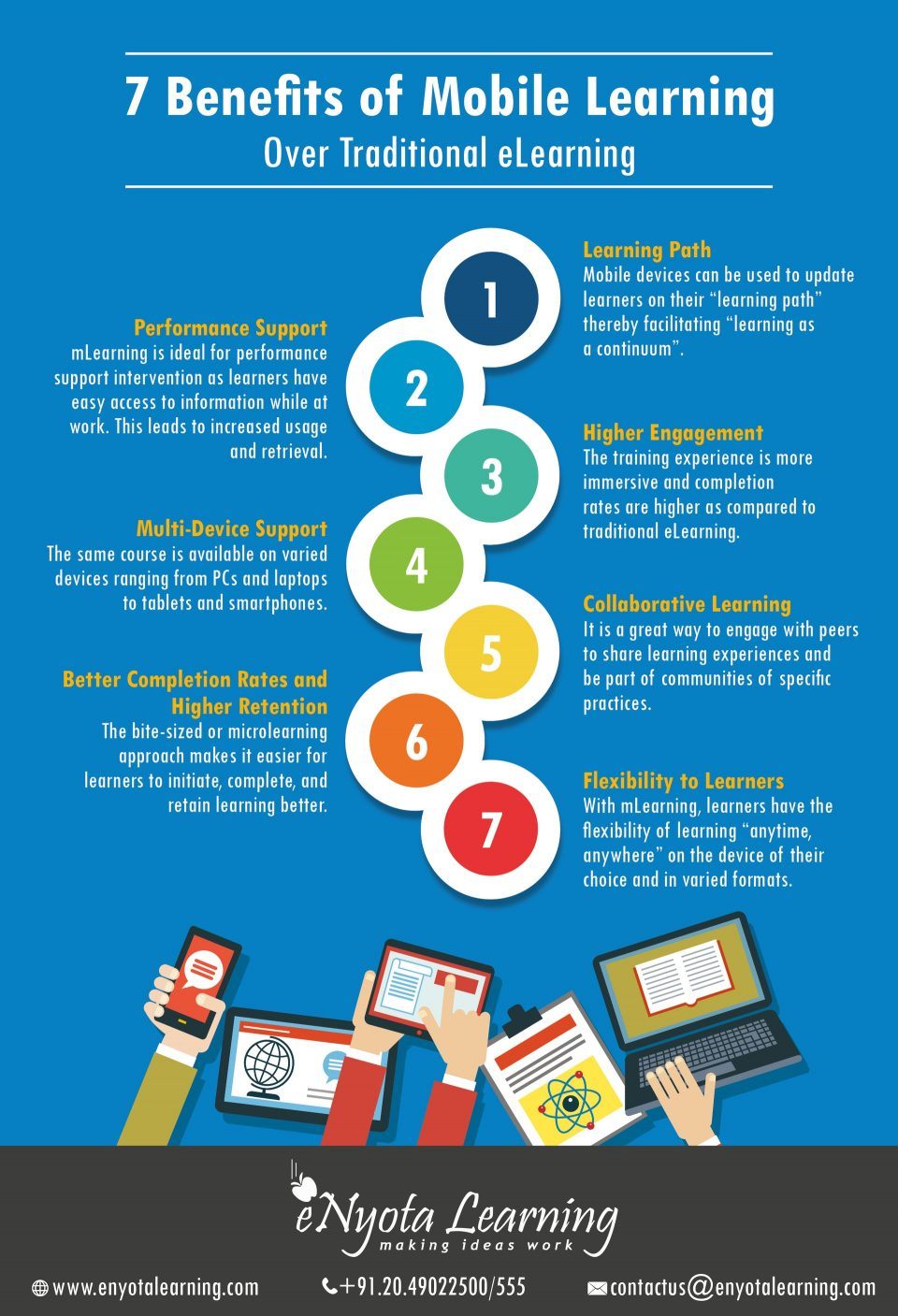 Source: bing.com
Source: bing.comThe use of educational apps allows for personalized learning, which means that students can learn at their own pace and style. The apps provide personalized content, assessments, and feedback, which helps students to focus on their strengths and weaknesses.
4. Cost-Effective
 Source: bing.com
Source: bing.comUsing educational apps for learning is cost-effective compared to traditional learning methods. These apps are affordable, and some are even free, making them accessible to all students regardless of their financial background.
5. Enhances Collaborative Learning
 Source: bing.com
Source: bing.comEducational apps promote collaborative learning, which means that students can work together and share their knowledge and ideas. These apps have features such as group chats, discussion forums, and collaborative projects, which enhance teamwork and communication skills.
6. Flexibility
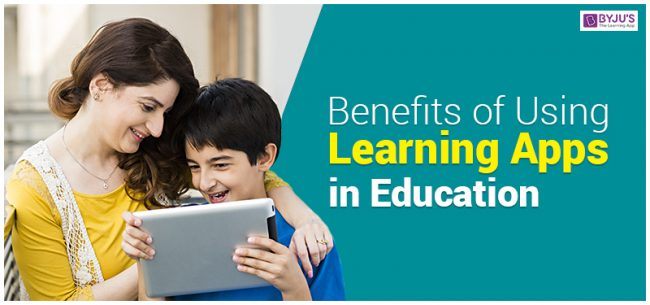 Source: bing.com
Source: bing.comEducational apps offer flexibility, which means that students can learn at their own time and pace. These apps allow students to access learning materials and coursework at any time, making it easier to balance their studies with other commitments such as work or family.
7. Improves Retention and Recall
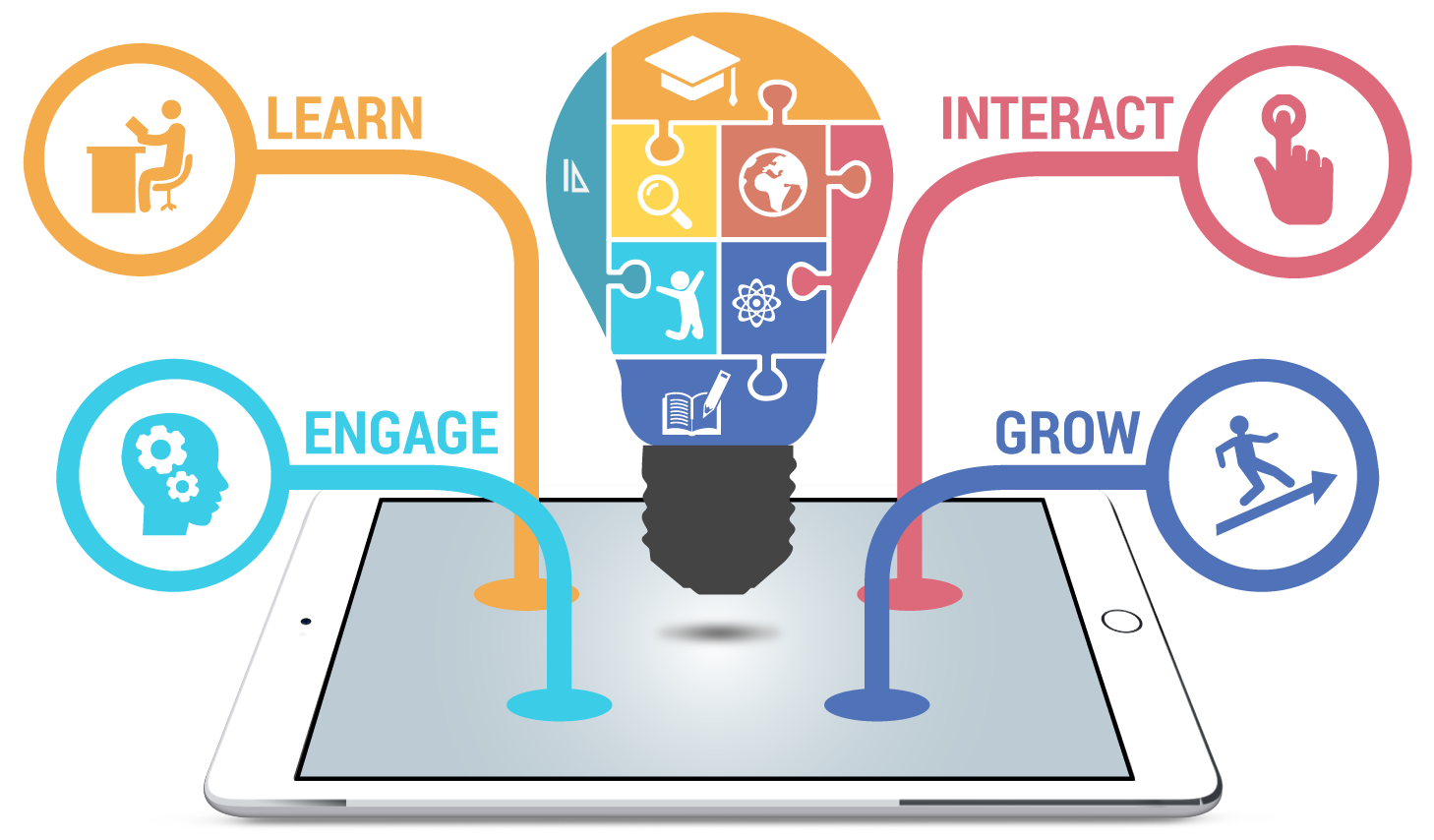 Source: bing.com
Source: bing.comUsing educational apps for learning has been shown to improve retention and recall. These apps incorporate memory-enhancing techniques such as repetition, visualization, and gamification, making it easier for students to remember and recall information.
8. Variety of Learning Materials
 Source: bing.com
Source: bing.comEducational apps provide a variety of learning materials, which cater to different learning styles and preferences. These apps offer various forms of content such as videos, text, audio, and interactive quizzes, making learning more engaging and effective.
9. Real-Time Feedback
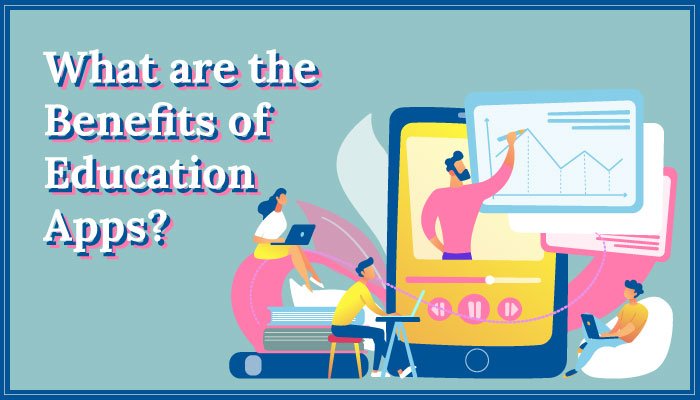 Source: bing.com
Source: bing.comEducational apps provide real-time feedback, which means that students can receive instant feedback on their performance, allowing them to identify areas of improvement and make necessary adjustments.
10. Improves Technical Skills
 Source: bing.com
Source: bing.comUsing educational apps for learning improves technical skills, such as digital literacy, which is essential in today’s digital world. These apps require students to use various technological tools and platforms, making them more proficient and comfortable with technology.
11. Engages Students with Special Needs
 Source: bing.com
Source: bing.comEducational apps engage students with special needs, such as those with visual or hearing impairments, by providing various features such as text-to-speech, audio descriptions, and closed captions.
12. Reduces Paper Usage
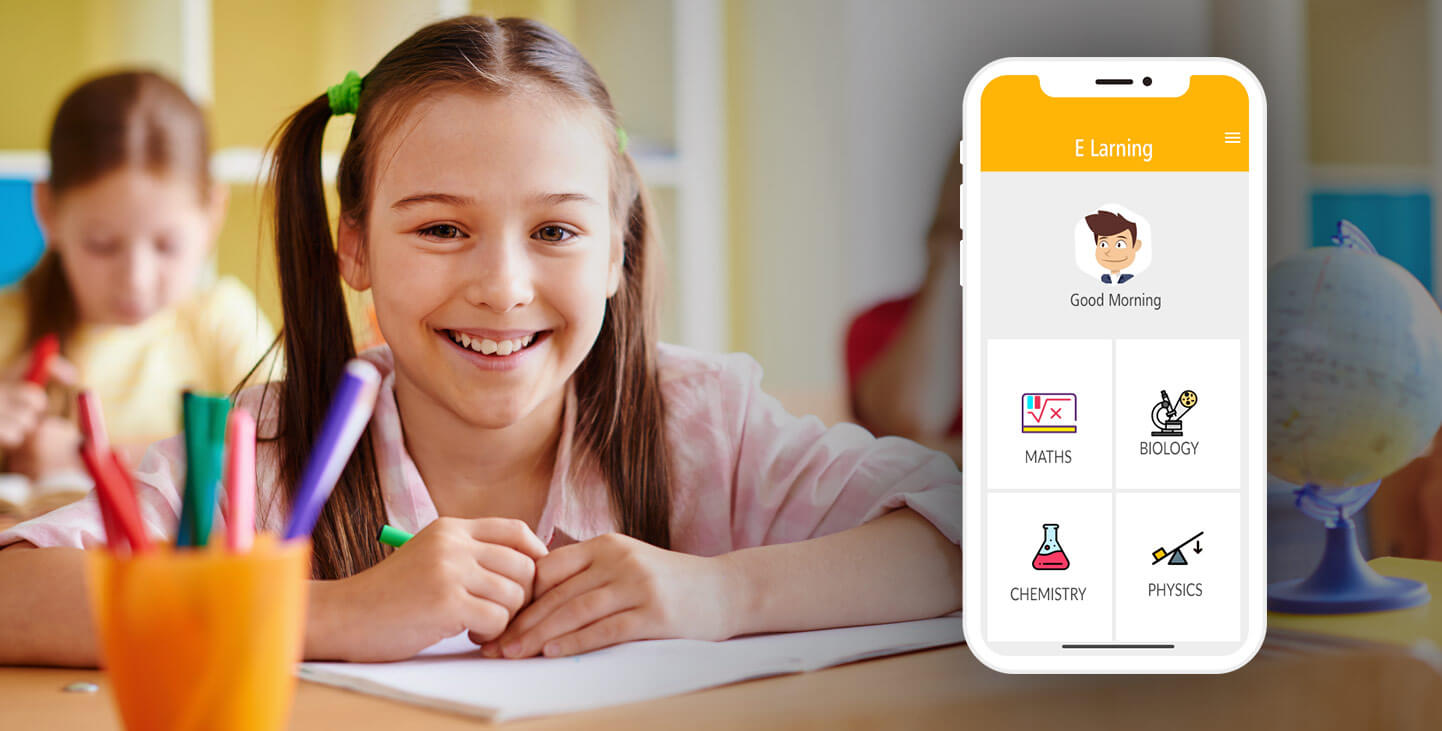 Source: bing.com
Source: bing.comUsing educational apps for learning reduces paper usage, which is beneficial for the environment. These apps provide digital content, which eliminates the need for printed materials, reducing the amount of paper waste generated.
13. Provides Instant Updates
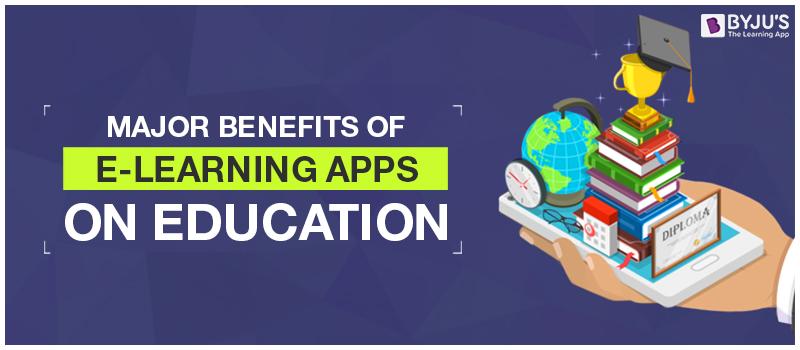 Source: bing.com
Source: bing.comEducational apps provide instant updates, which means that students can access the latest information and content as soon as it is available. This ensures that students are up-to-date with the latest developments and trends in their field of study.
14. Promotes Self-Directed Learning
 Source: bing.com
Source: bing.comUsing educational apps for learning promotes self-directed learning, which means that students take responsibility for their learning. These apps offer various features such as self-paced learning, self-assessment, and self-reflection, which help students to become more independent and motivated learners.
15. Enhances Critical Thinking Skills
 Source: bing.com
Source: bing.comEducational apps enhance critical thinking skills, which are essential for success in today’s world. These apps offer various features such as problem-solving, decision-making, and analytical thinking, which help students to develop their critical thinking skills.
16. Increases Student Engagement
 Source: bing.com
Source: bing.comUsing educational apps for learning increases student engagement, which means that students are more interested and involved in their studies. These apps offer various features such as gamification, rewards, and social interaction, which make learning more fun and engaging.
17. Provides a Safe Learning Environment
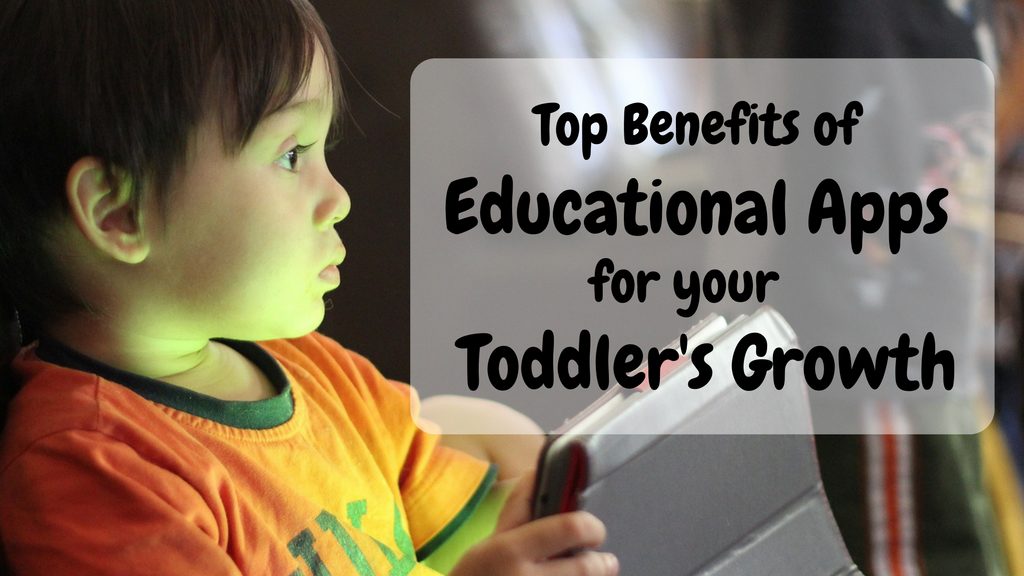 Source: bing.com
Source: bing.comEducational apps provide a safe learning environment, which means that students can learn without fear of bullying or harassment. These apps have features such as privacy settings, moderation, and reporting, which ensure that students are safe and protected.
18. Improves Time Management Skills
 Source: bing.com
Source: bing.comUsing educational apps for learning improves time management skills, which are essential for success in studies and beyond. These apps require students to manage their time effectively, such as setting goals, prioritizing tasks, and managing distractions.
19. Provides Global Learning Opportunities
 Source: bing.com
Source: bing.comEducational apps provide global learning opportunities, which means that students can learn from anywhere in the world. These apps offer various features such as virtual classrooms, online courses, and international collaborations, which expand students’ horizons and perspectives.
20. Improves Language Skills
 Source: bing.com
Source: bing.comUsing educational apps for learning improves language skills, such as reading, writing, and speaking. These apps offer various features such as language learning games, audio and video content, and interactive quizzes, which make learning a new language more fun and effective.
21. Enhances Creativity
 Source: bing.com
Source: bing.comEducational apps enhance creativity, which is essential for success in various fields. These apps offer various features such as creative projects, design challenges, and storytelling, which help students to develop their creative skills.
22. Provides Immediate Support
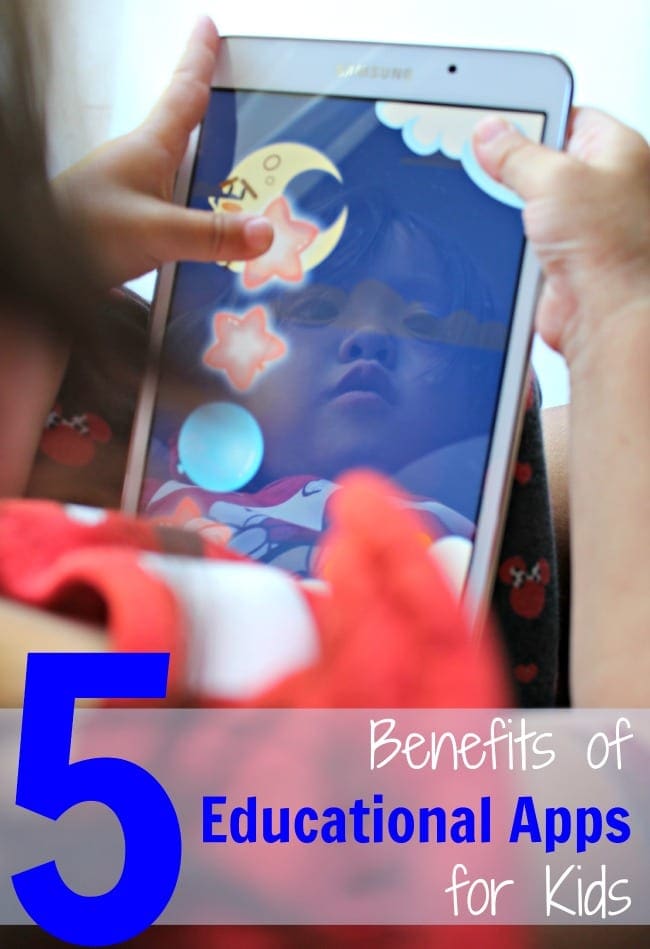 Source: bing.com
Source: bing.comUsing educational apps for learning provides immediate support, which means that students can receive help and feedback as soon as they need it. These apps have features such as live chat, email support, and virtual tutoring, which help students to overcome challenges and obstacles.
23. Increases Motivation
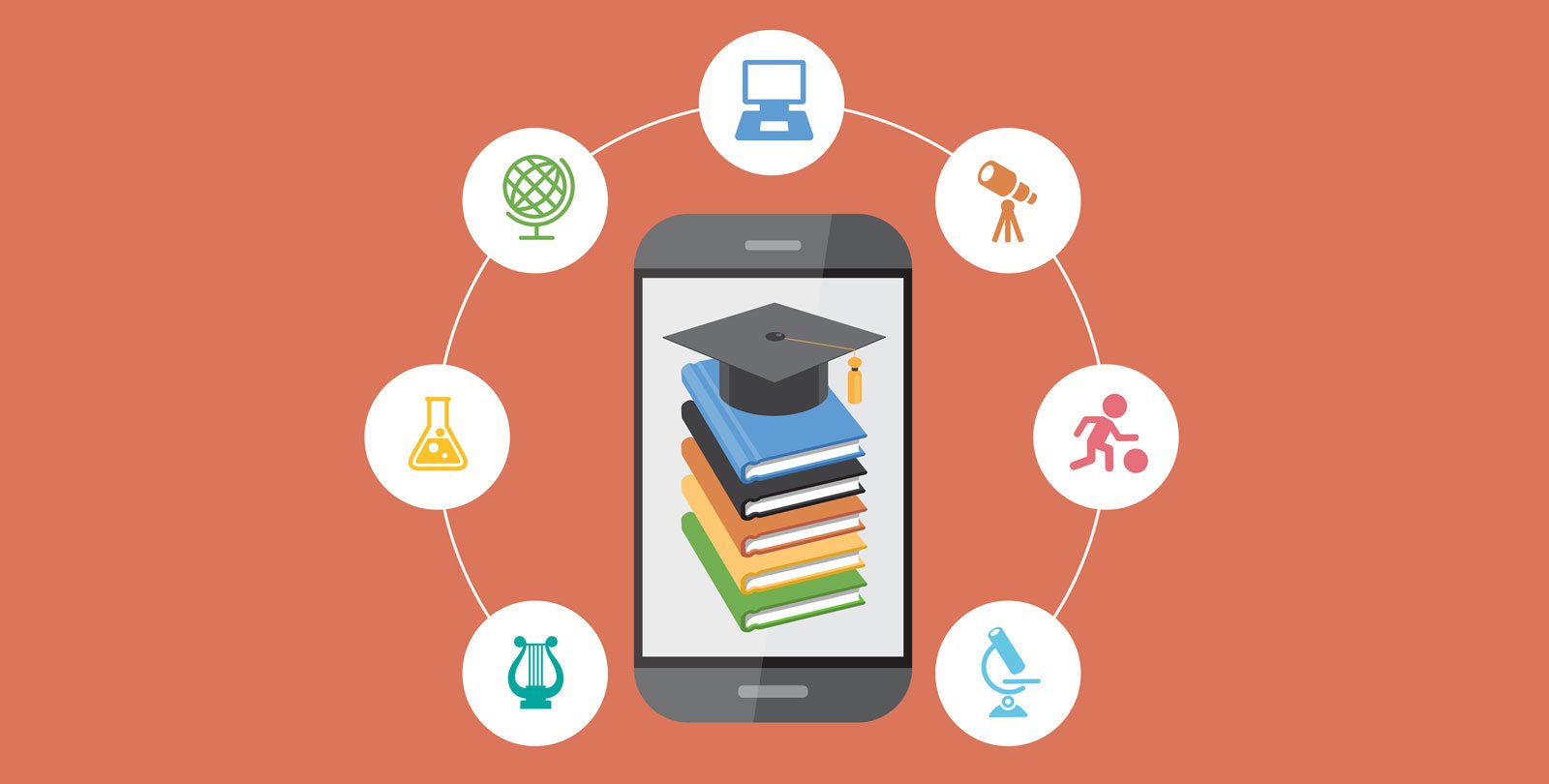 Source: bing.com
Source: bing.comEducational apps increase motivation, which means that students are more interested and committed to their studies. These apps offer various features such as rewards, badges, and progress tracking, which motivate students to achieve their goals and improve their performance.
24. Provides Real-World Experience
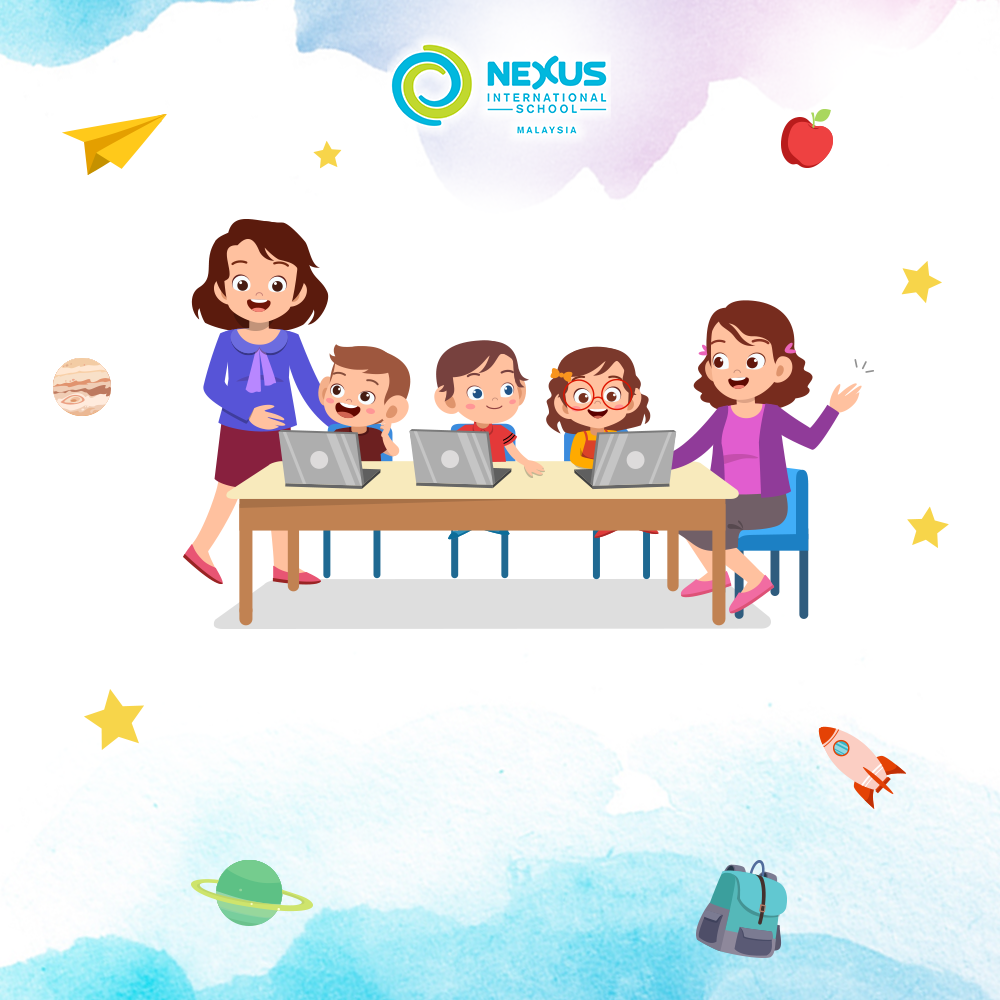 Source: bing.com
Source: bing.comUsing educational apps for learning provides real-world experience, which means that students can apply their learning to real-life situations. These apps offer various features such as simulations, case studies, and virtual field trips, which help students to develop practical skills and knowledge.
25. Promotes Independent Learning
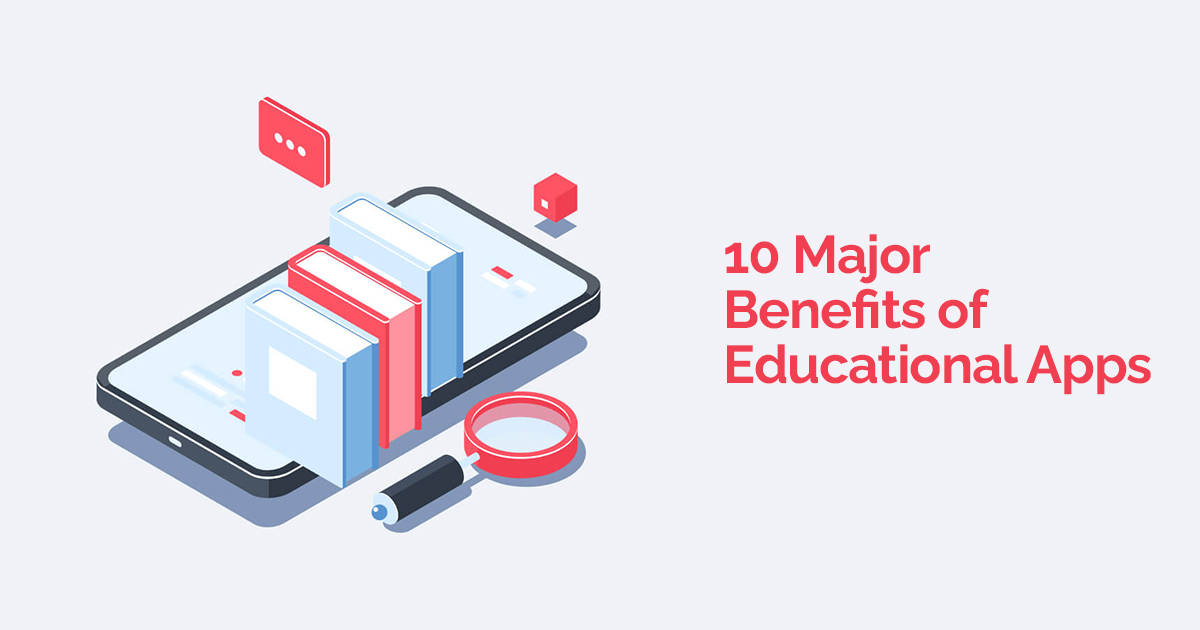 Source: bing.com
Source: bing.comEducational apps promote independent learning, which means that students can learn without constant supervision or guidance. These apps offer various features such as self-paced learning, self-assessment, and self-reflection, which help students to become more independent and responsible learners.
26. Provides Flexibility for Teachers
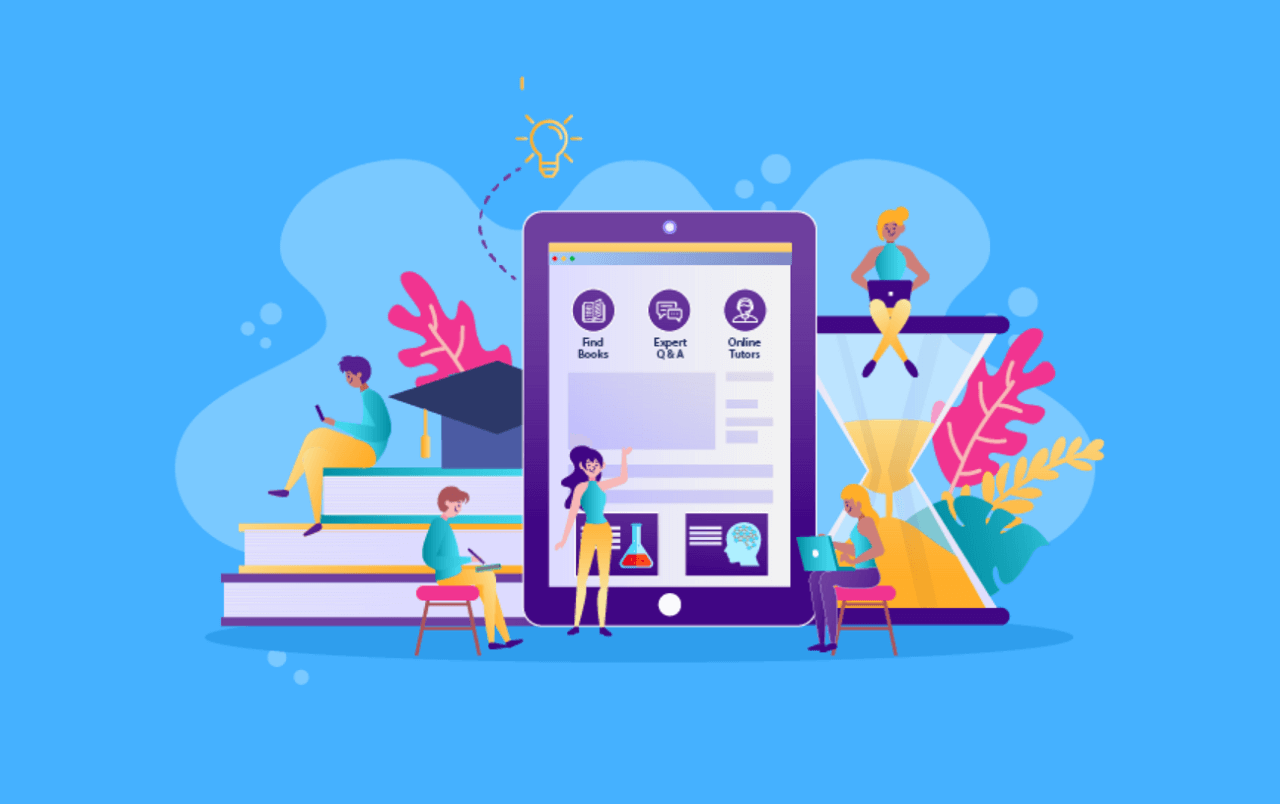 Source: bing.com
Source: bing.comUsing educational apps for learning provides flexibility for teachers, which means that they can customize and adapt their teaching to suit individual students’ needs. These apps offer various features such as personalization, analytics, and reporting, which help teachers to monitor and track students’ progress.
27. Enhances Social Skills
 Source: bing.com
Source: bing.comEducational apps enhance social skills, which are essential for success in various aspects of life. These apps offer various features such as group projects, online discussions, and social networking, which help students to develop their social skills and network with others.
28. Provides a Fun Learning Experience
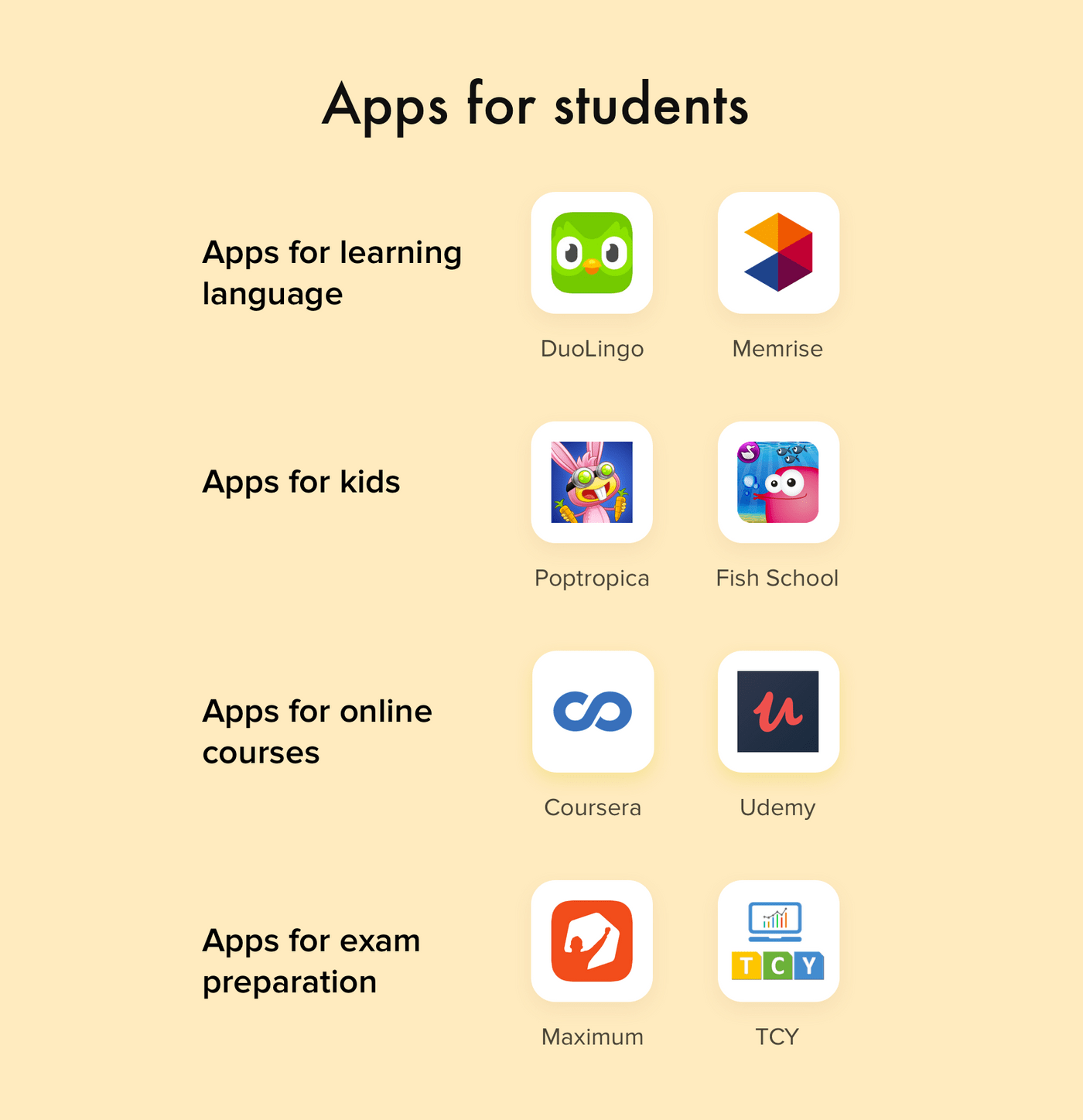 Source: bing.com
Source: bing.comUsing educational apps for learning provides a fun learning experience, which means that students are more engaged and motivated to learn. These apps offer various features such as gamification, rewards, and interactive quizzes, which make learning more enjoyable and interactive.
29. Improves Study Habits
 Source: bing.com
Source: bing.comEducational apps improve study habits, which means that students can develop effective and efficient study habits. These apps offer various features such as time management, goal setting, and progress tracking, which help students to become more organized and focused learners.
30. Prepares Students for the Future
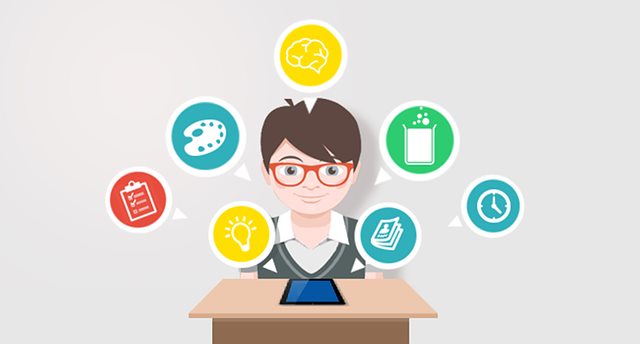 Source: bing.com
Source: bing.comUsing educational apps for learning prepares students for the future, which means that they are equipped with essential skills and knowledge for success in the 21st century. These apps offer various features such as digital literacy, critical thinking, and problem-solving, which are essential skills for success in various fields.
Related video of The Benefits of Using Educational Apps for Learning
DAFTAR ISI
 Majalah Pulsa Kumpulan Berita dan Informasi Seputar Teknologi
Majalah Pulsa Kumpulan Berita dan Informasi Seputar Teknologi
